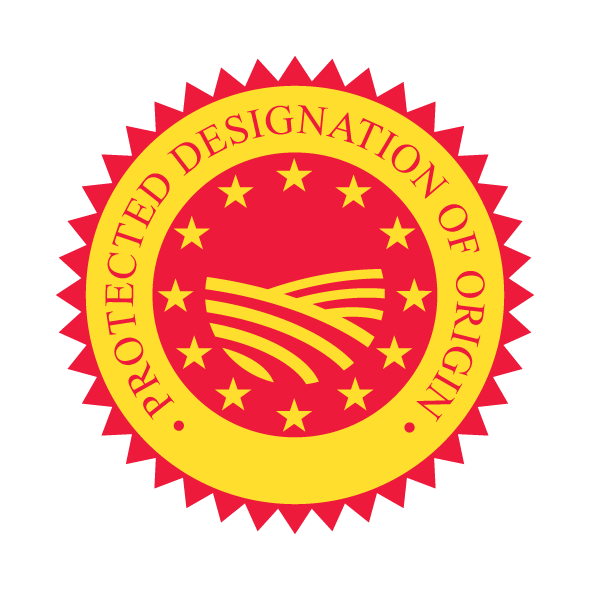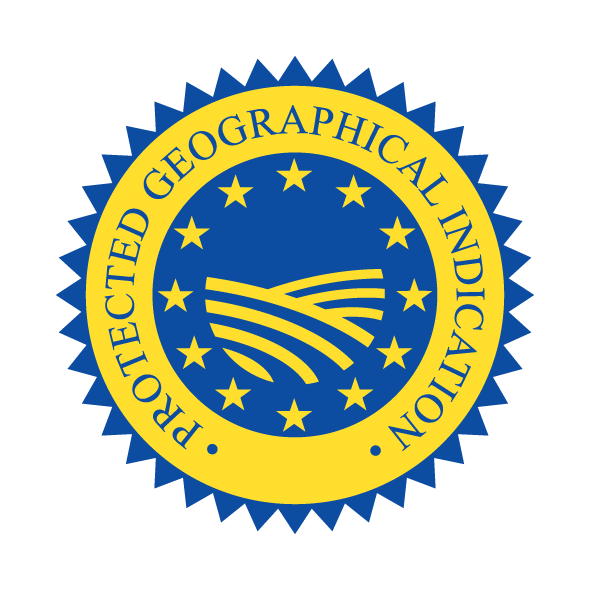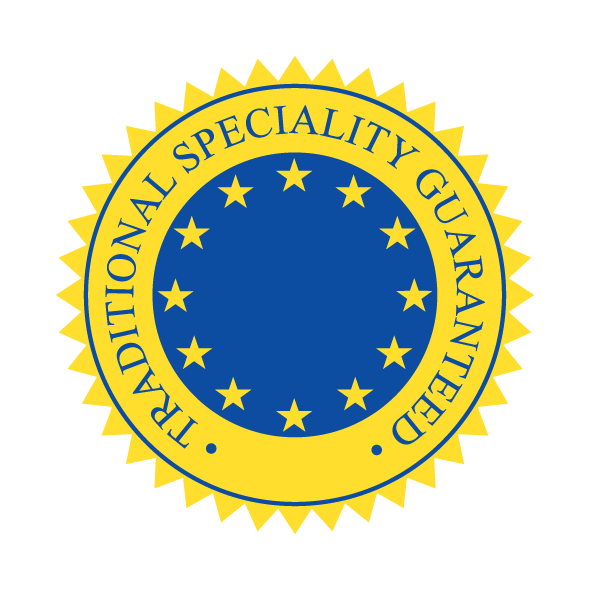This policy is the core of AREPO’s activity and its defence is our main mission, both in the framework of the Common Agricultural Policy and in the context of other policies that can offer tools to complement and coordinate its objectives.
Introduction
EU Quality Policy aims to protect the names and characteristics of European agricultural products specific to a territory in order to promote their unique characteristics resulting from natural factors and traditional know-how linked to their geographical origin.
These products are called “Geographical Indications” (GIs) and are recognised as intellectual property rights. GIs protect producers by ensuring that their products are valued and protected on the European and third countries markets and protect as well consumers through appropriate and transparent communication.
EU quality schemes
| Protected Designations of Origin (PDO): The names of products registered as PDOs are those which have the strongest links with the place from which they come. Each part of the production, processing and preparation process must take place in the specific region. |  |
| Protected geographical indications (PGI): The PGI emphasises the relationship between the specific geographical region and the name of the product when a specific quality, reputation or other particular characteristic is essentially attributable to the geographical origin. For most products, at least one of the stages of production, processing or preparation must take place in the region. |  |
| Traditional specialities guaranteed: The traditional speciality guaranteed (TSG) highlights traditional aspects such as the way the product is produced or its composition, without being linked to a specific geographical area. A product registered as TSG protects its name from usurpation and abuse of reputation. |  |
Other quality schemes: Optional Quality Terms (OQT)
They lay stress on the traditional production process of products produced in disadvantaged natural areas such as mountains or islands:
- OQT Mountain product: it identifies a product whose raw materials, feed and processing, if any, come from mountain areas.
- Product from the EU’s outermost regions: this recognition is intended to ensure greater knowledge of agricultural products from the EU’s outermost regions, whose production is subject to greater difficulties due to their remoteness and insularity, as well as difficult geographical and weather conditions. It refers to products coming from the French overseas departments – Guadeloupe, French Guiana, Réunion and Martinique – and the Azores, Madeira and the Canary Islands.
Protection
All product names registered as GIs enjoy legal protection against imitations and misuse of reputation within the EU and in third countries where a specific protection agreement has been signed or with which a trade agreement covering GIs has been concluded. For all quality schemes, the competent national authorities in each EU Member State take the necessary measures to protect the names registered on their territory.
The revision of the EU GI system
The EU Quality Schemes have been reviewed by the European Commission, with a view to strengthening the EU Geographical Indications system. Furthermore, the Farm to Fork strategy set the objective to include specific sustainability criteria for GIs.
Following a long process of consultation of stakeholders, begun in 2019 with an evaluation of the EU Quality Policy and concluded in April 2021 with the public consultation on the Revision of EU geographical indications scheme, the European Commission published a proposal for a regulation on European Union geographical indications for wine, spirit drinks and agricultural products, and quality schemes for agricultural products on 31 March 2022.
On 13 May 2024, the new regulation on GIs for wine, spirit drinks, and agricultural products, as well as traditional specialities guaranteed and optional quality terms for agricultural products entered into force.
The new GI regulation
- It introduces a single legal framework and a shortened, simplified registration procedure covering agricultural products and foodstuffs, wines and spirit drinks, with some specific provisions on wine remaining in the CMO regulation.
- GIs protection is improved. The new rules increase the protection of GIs used as an ingredient in a processed product and of GI products sold online. It also strengthens the protection of GI names in the domain name system.
- The role of producer groups is strengthened, introducing more powers and responsibilities for recognised producer groups.
- Producers will also have the possibility to explain their commitment towards economic, environmental and social sustainability by including the sustainable practices adopted either in the product specification or in a sustainability report, accompanying GI product specification and published on an EU portal.
- DG Agri of the European Commission will remain in charge of the management of the GI system. A joint statement by the European Parliament and the Council, annexed to the regulation, leaves the possibility for the European Commission to be assisted by the European Union Intellectual Property Office (EUIPO), only with regard to the execution of administrative tasks, if and to the extent that it is possible under the existing legal framework.
For more information on the revision you can find our analysis and position papers below under the section AREPO actions.








